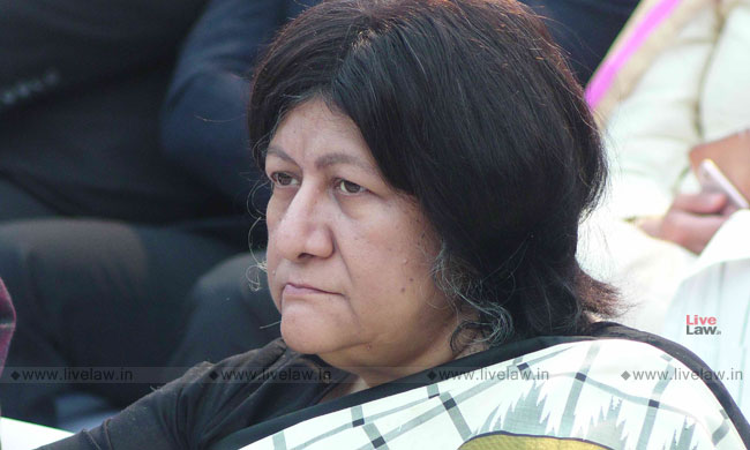Women's Day - "I Don't Think I Was Elevated As SC Judge Because I Was A Lady": Justice Indira Banerjee
PTI
8 March 2019 6:55 AM IST

Next Story
8 March 2019 6:55 AM IST
Providing reservation to women undermines their capabilities, Supreme Court judge, Justice Indira Banerjee said Thursday while speaking at an event here on the eve of International Women's Day. Women should be capable in every respect and they have proven time and again to be so, Justice Banerjee said, at a seminar-cum workshop organised by the Citizen's Rights Trust. "If you...
